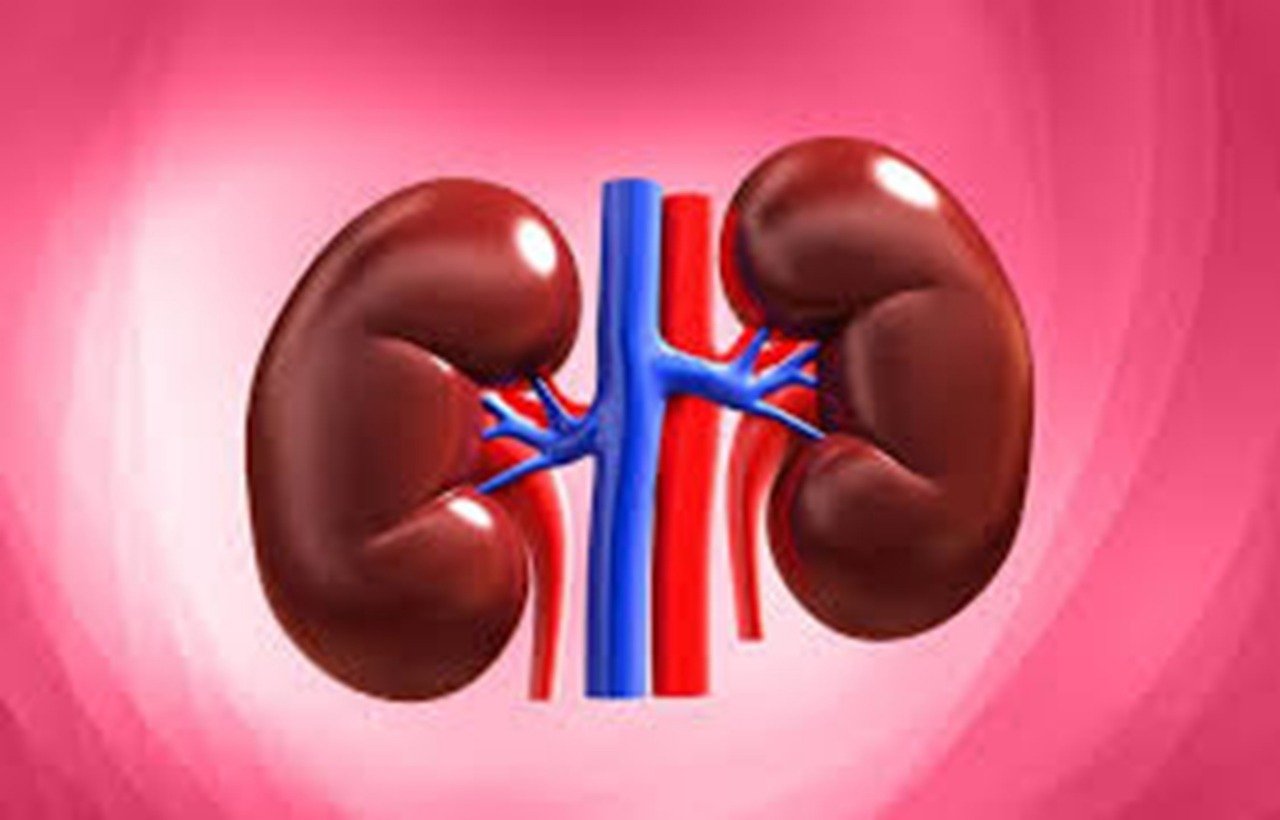Glomeruli are tiny filters buried deep in your kidneys. They are small, but they handle one of the body’s biggest clean-up jobs. These tiny structures handle a big job — clearing waste while keeping nutrients in. You have millions of them, and when they get inflamed or damaged, your entire system feels it. At Southern Oklahoma Kidney Center, we see firsthand how glomerular disease and kidney function are deeply connected. The sooner you understand how these filters work, the easier it becomes to protect them.
What the Glomeruli Actually Do (And Why They Matter)
Think of glomeruli as your kidneys’ frontline workers. They clean your blood by removing waste and extra fluid while keeping the good stuff — like protein — where it belongs. When these filters become inflamed, which happens in glomerular diseases, that system breaks down.
You might see:
- Swelling in the legs or face
- Foamy urine from excess protein
- High blood pressure
- Trouble concentrating or sleeping
These signs may seem unrelated, but they often point back to filtering system damage happening quietly inside the kidneys.
What Causes Glomerular Problems in the First Place?
There is not just one answer. Sometimes the immune system goes off course and attacks the kidney filters directly. Sometimes, it is an infection. Other times, it runs in the family. Conditions like lupus or diabetes can also set things off. When glomeruli react, the result is inflammation, sometimes sudden, sometimes stretched out over months without obvious signs. That kind of kidney inflammation can quietly cause long-term damage if not caught early.
We do not treat this with guesswork. We rely on lab tests, urine samples, imaging, and sometimes kidney biopsies to see what is really going on.
Protein in the Urine: A Sign You Should Not Ignore
If your urine contains protein, that is often one of the earliest red flags. Normally, glomeruli keep protein inside your blood. When they stop working right, it starts leaking out.
This is exactly why we keep an eye out for protein in urine during regular checkups — especially if you have diabetes, high blood pressure, or an autoimmune condition in the mix.
You do not need symptoms to start monitoring. You can always book a consultation with our specialists and get checked just to be sure.
Can You Manage Glomerular Disease? Yes — with the Right Plan
Treatment depends on what type of glomerular condition you have. Some are short-term and respond to meds. Others require long-term care and consistent monitoring.
What management often includes:
- Blood pressure control
- Anti-inflammatory medications
- Adjusted diet to reduce kidney stress
- Regular blood and urine testing
- Tracking swelling and body weight
Managing glomerular disease and kidney function is not about fixing everything at once. It is about protecting what still works and preventing more damage.
What Happens If It Is Left Untreated?
Letting glomerular disease go unchecked can lead to chronic kidney problems or even full kidney failure. Once the filtering system breaks down, your body cannot balance fluids, waste, or minerals on its own. That often leads to dialysis or transplant.
The good news? Catching it early changes the outcome. Most people can slow it down — or even reverse some of the damage — with the right treatment plan.
You Are Not Alone — We Know How to Help
Hearing that your kidneys are inflamed or leaking protein can feel like too much all at once. That is normal. But you do not have to figure it out on your own. We have helped hundreds of people manage filtering system damage and get back on track.
If you are noticing symptoms — or even if you are not but have concerns — reach out to us. You can book a consultation with our specialists, and we will walk you through what your kidneys are saying.
You get clarity. You get answers. And most of all, you get a plan.




